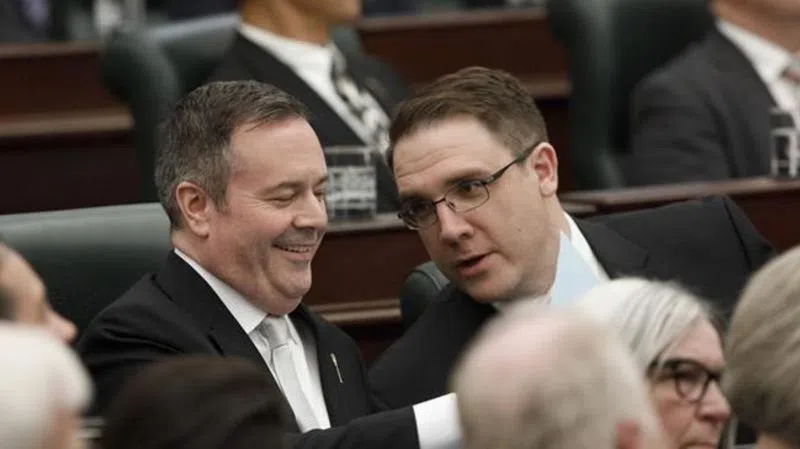
Alberta parks partnership rules to be released, critics call for consultation
EDMONTON — Albertans are expected to learn Monday how they can take up to 164 provincial parks and recreation sites off the hands of a government that no longer wants them.
The decision, announced in March, comes despite concern from thousands of people, including parks users, businesses, rural municipalities and opposition politicians.
“The lash back from Albertans on this has been unprecedented,” said Katie Willis of the Canadian Parks and Wilderness Society, or CPAWS. “It’s quite unbelievable their concerns are being ignored.”
Environment Minister Jason Nixon has said the United Conservative government plans to fully or partially close 20 provincial parks and hand off another 164 to third-party managers. Sites for which no manager can be found will lose park status and revert to general Crown land, which can be sold.
